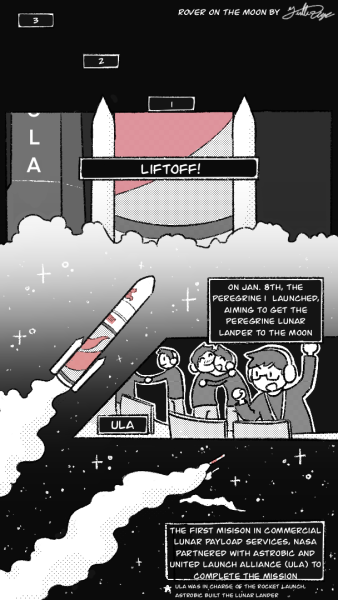CIA Uses Board Games to Train Agents
April 12, 2017
It has been revealed by David Clopper, CIA analyst, on March 13, that the Central Intelligence Agency uses simple board games to test the mental strength of agents. Clopper uses card games and board games to train agents for competency for real-world situations.
The reasoning behind the incorporation of this technique comes from the idea of humans naturally enjoying playing games. Clopper believes that if a human can associate something with another experience, that person will be able to more easily learn the desired skill.
Jerry Calzada, 12, agrees with this sentiment.
“When I study, I try to think about stuff that’s related to what I’m looking at,” Calzada said. “Like for history if I need to remember something my teacher said, I would remember what else I was doing that day of the lesson.”
The CIA mainly uses two games. The first is titled Collection, where teams of people are required to solve world crises against the clock. The second is titled Collection Deck, which is considered a strategic card game. These cards can represent agencies and certain actions along with hindrances to those actions.
As a frequent player of card games, Christina Carvajal, 12, understands the complexities of the activity.
“I’ve been playing for a really long time so I learned a lot about how to play,” Carvajal said. “There’s strategies that you can use to win pretty much every time and I guess that’s what the CIA people would look for. It helps me beat my friends all the time so I like using them.”
Volko Ruhnke, a CIA intelligence educator, uses his own game to prepare operators for work at the Agency. He uses a lengthier, slightly more complex tabletop simulator that requires multiple players. The game aims to prepare agents for work in Afghan conflicts and includes multiple scenarios at the same time as a result of economic, political and social issues.
Although Emmanuel Torres, 12, is more of a recreational player, he can see the value of using games to educate CIA members.
“It’s kind of weird that the CIA is using something like a game to train people,” Torres said. “I like playing board games with my family. If the CIA uses board games then maybe it’ll make the agents enjoy their work a lot more because they’re having fun.”
Regardless of how strange it sounds for an international intelligence agency to use simple card games, there is no sign of a halt in development. The CIA has future plans involving virtual reality to place operators in action to test responses.




